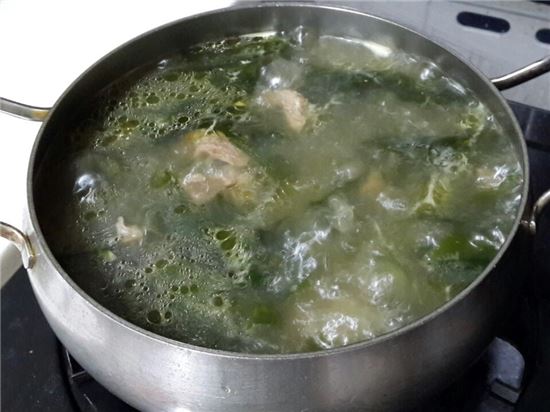[Korean Culture & Language] Suneung
Hello, this is Uptempo Marketers!
 |
| source: https://news.sbs.co.kr/ |
Just as high school students in the United States take the SAT for college admissions, high school seniors in Korea take the national college entrance exam, also known as 수능 (suneung), on the third Thursday of November each year.
This single test not only determines which colleges the student can apply to but also their fate as a working adult, as the college one graduates from influences the type of career one can achieve. And in an incredibly competitive society such as Korea where education is highly valued, a person’s character and aptitude is also often judged by where they received their college degree.
As a result, the day of the eight hour-long 수능 is no ordinary day. Banks, public buildings and the stock market all open an hour later in order to alleviate traffic for students who must arrive by 8:10 am for the exam at 8:40 am. And for students who are running late, police escorts are at the ready to make sure they arrive at their test sites on time. In addition, all flights to and from Incheon International Airport are grounded for a little over half an hour for the English listening portion of the exam, and military training is temporarily halted to prevent distractions.
 |
| source: https://www.localnaeil.com/ |
Once students arrive at the test site, they’re greeted by younger students who’ve arrived early in the morning to cheer them on with signs and banners and hand them a traditional Korean taffy called 엿 (yut) to wish them good luck in “sticking,” or getting accepted, to the college of their choice.
Inside the test site, the students are greeted with metal detectors to prevent them from using mobile phones or other electronic devices for cheating and if they need to use the bathroom during the test, they are accompanied by the test site staff.
 |
| source: https://www.asiae.co.kr/ |
Lunchtime during the 수능 is crucial, as it’s the only extended break during which students are able to recharge. Many Korean parents pay particular attention to the lunches they pack their children, taking care to pack food that is easy to digest, and the saying goes that seaweed soup, 미역국 (miyuk-gook) should be avoided because the slipperiness of the seaweed will cause students to “slip” from achieving stellar test results.
As for the creation of the exam, 300 teachers and professors are selected one month before the 수능 as the “exam writers” for that year’s exam. These exam writers are taken to an undisclosed location, cut off from all outside communication including Internet and phone service, and are required to stay at this police-secured location for one month. After the exam is created, it is highly guarded until the day of the exam.
Though the 수능 is considered a rite of passage, it also clearly comes with an immense amount of pressure.
Do you think you’d be able to take the 수능? Share with us in the comments below!




댓글
댓글 쓰기